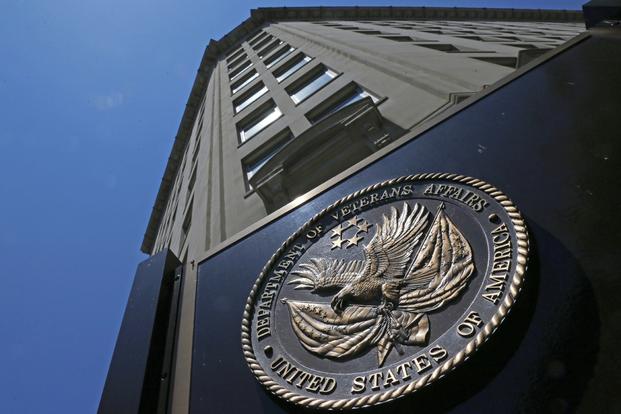Female veterans called for federally funded abortions through the VA on Wednesday, reviving a decades-long debate on the subject. During the House Veterans Affairs Committee meeting of the Health and Women Veterans Task Force, Chairwoman Julia Brownley, D-Calif., called VA-provided abortions, along with access to in-vitro fertilization and sexual reassignment surgery, “critical and necessary for the physical and mental wellbeing of our nation’s veterans.”
Brownley added that, even though the Supreme Court struck down a Louisiana law on Monday that would have required abortions to be performed only by doctors with admitting privileges at local hospitals in the case of complications, the VA still offers neither abortions nor abortion counseling.
“This case further highlights how denying veterans access to health care within a system that they rely upon imposes prohibitive geographic and financial barriers on women,” she said. She called on VA Secretary Robert Wilkie to prioritize and expand reproductive health care, including allowing abortions and abortion counseling.
At issue, however, is the Hyde Amendment, enacted in 1976, which prohibits federal funds from being used to provide abortions, with the exceptions of “rape, incest, or life endangerment of the woman.” An additional bill passed in 1992, the Veterans Health Care Act, restricts the VA from offering all abortions, with no exceptions.
“A woman could leave active duty because she was sexually assaulted and, expecting to receive the same services she could get in the military, walk into VA the next day, but no longer be able to access care she and her provider agree is vital to her well-being,” Kayla Williams, senior fellow and director at the Center for a New American Security, testified.
Williams outlined her own struggles with infertility, adoption and miscarriage before chastising the VA for its lack of resources for female veterans seeking gynecological care.
Women are now the fastest-growing demographic of the veteran community, making up 10% of the current group. That number is only expected to grow as women now make up 20% of the Air Force, 19% of the Navy, and 15% of the Army. Because women have grown as a proportion of the veterans population so rapidly, advocates say VA health care offerings have not caught up.
Brownley added that the issue was brought up last week in a “long-overdue” forum for women veterans. The event, she said, was so popular that the phone lines were jammed with thousands of call-in attendees.
“This should signal to the VA’s most senior leadership that specifically addressing the needs of women veterans should not be a mere nicety and should be the norm,” she said. “I hope VA, from the secretary on down, takes this as an opportunity to listen and learn rather than patronizing and minimizing.”
Williams advocated for the repeal of the Hyde Amendment through the EACH Woman Act, introduced in both the House and the Senate last year.
Williams added that this lack of access for veterans is especially consequential for women during the COVID-19 pandemic, which has put many veterans into precarious financial situations, limiting their outside options for abortions.
Women accessing federal health benefits through Indian Health Service, Medicare, Tricare, the Peace Corps, Federal Employees Health Benefits Program or health care systems in federal prisons have more abortion access than veterans do through the VA, Williams noted. “That is an appalling inequity that must be alleviated immediately.”


